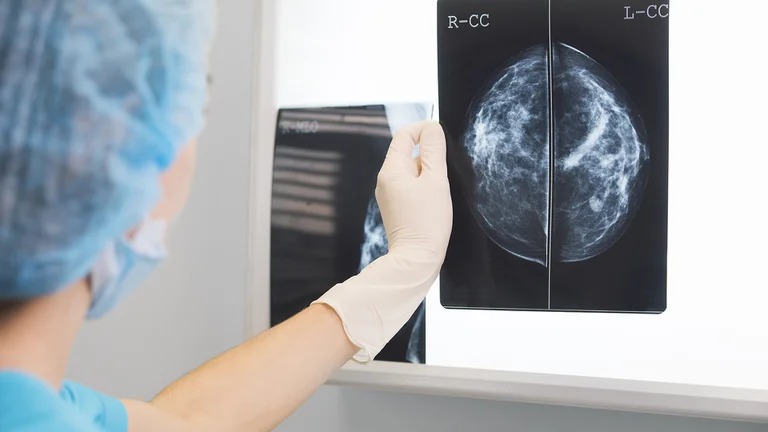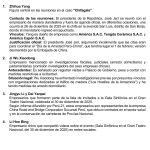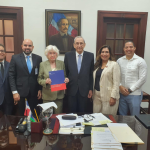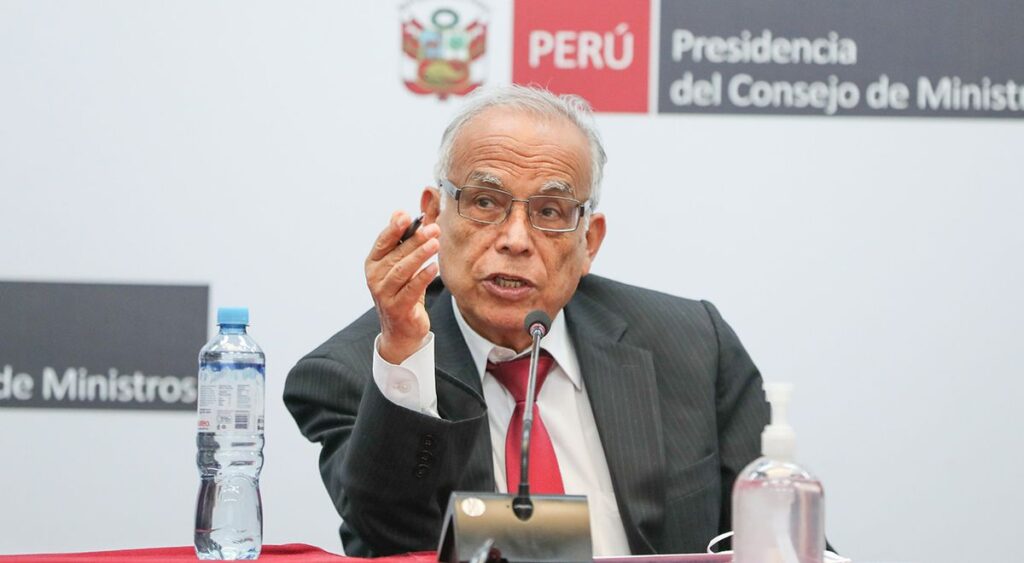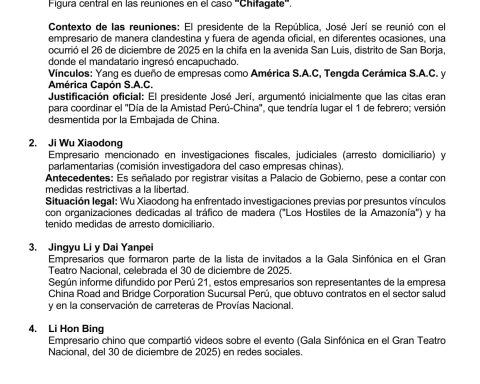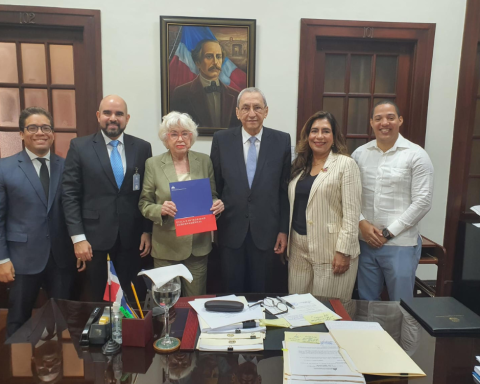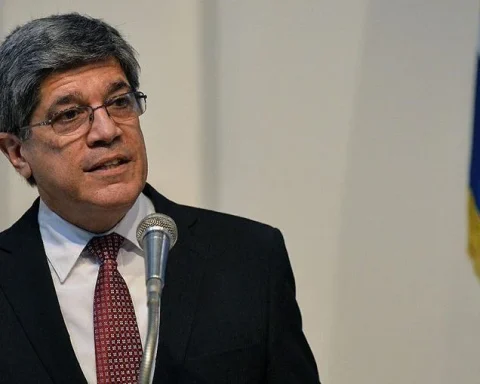The test is called Oncoliq and was developed by Argentine scientists. They hope to offer it throughout Latin America. Patent pending in the United States
Source: Infobae
Conicet researchers in Argentina Adriana De Siervi (at the Institute of Biology and Experimental Medicine or better known as IBYME), Marina Simian and Diego Pallarola (from the National University of San Martín) took the challenge into account and have developed a early detection kit for breast and prostate cancers, which they seek to offer soon throughout Latin America.
The kit is called Oncoliq and is a type of liquid biopsy that allows early detection of tumor development. There are already other liquid biopsy kits on the market, but they are mainly used with patients already diagnosed with cancer with the idea of personalizing treatment.
Instead, in the case of Oncoliq, the use is different. It is based on MicroRNAs, which are abundant in many types of mammalian cells and circulate extracellularly. Today they have the potential to be available as biomarkers in different diseases.
According to the biology doctor De Siervi, they began working on the development of different tools in 2014 with the idea of contributing to the reduction of mortality from cancer.
The Oncoliq kit allows you to analyze the MicroRNAs that are inside tumor cells and in fluids such as blood. By taking a blood sample from a person, the kit allows early detection of the disease. Then, it requires that more diagnostic studies be done.
They point to the Oncoliq test being a low-cost and scalable method. That is why they are working so that it does not require the use of PCR technology so that it can be used in places with less infrastructure.
The test has already been evaluated through preclinical studies, with the support of subsidies from Conicet, the I+D+i Agency (National Agency for the Promotion of Research, Technological Development and Innovation) and the Williams Foundation.
“We were able to first validate the test with patients who had breast tumors and other people who did not have the disease. It showed that the test has a sensitivity of 92% to detect breast cancer early,” said De Siervi.
Now, the researchers are carrying out a pilot test with the test to detect breast cancer at the Central Military Hospital in the City of Buenos Aires and at the Posadas Hospital, in the province of Buenos Aires. In August, another pilot test for prostate cancer would begin.
To scale development and bring it to market, researchers De Siervi, Simian and Pallarola created a scientific startup last year also called Oncoliq. It has an advisory board made up of Pablo Teubal and Osvaldo Pontiggia. They have already received money from the Bioceres SF500 Fund to advance studies with the test.
They presented a provisional patent in the United States with the authorship of the researchers Adriana De Siervi and her fellow Paula Farré and the participation of CONICET. The patent is linked to the breast cancer detection kit. They hope soon to file the patent also in Argentina and other Latin American countries.
In addition, the researchers made a technology transfer agreement with CIBIC Laboratories in the province of Santa Fe, which will seek to offer liquid biopsy for cancer detection as a service. They have also established a collaboration with another startup from the United States, Imago Systems, which is based on the analysis of mammograms with artificial intelligence. That type of study can be combined with the Oncoliq liquid biopsy.
As a complement to Oncoliq, the researchers are also working on a test that will be used to manage cancer treatment. “With the detection of Micro RNAs, it is also possible to analyze the profile of each patient and indicate a more personalized treatment”, added De Siervi.
“We are bringing knowledge from the basic laboratory to the clinic, because we are convinced that this technology will prevent many deaths. One of the factors that determines survival is the time of detection,” said scientist Marina Simian. In other words, they carry out translational research based on the needs of the community, they developed the test in the laboratory and are now in the pilot testing stage, combining it with artificial intelligence and offering the service in collaboration.
